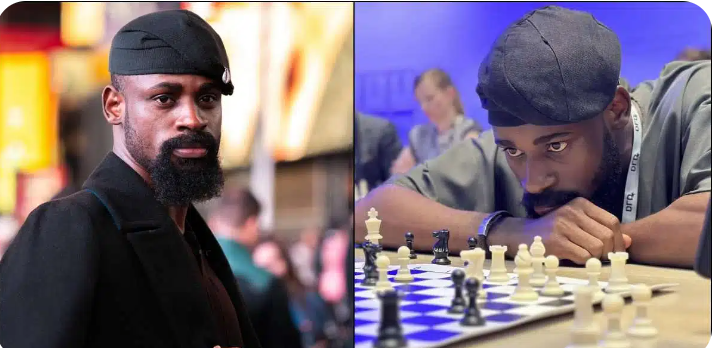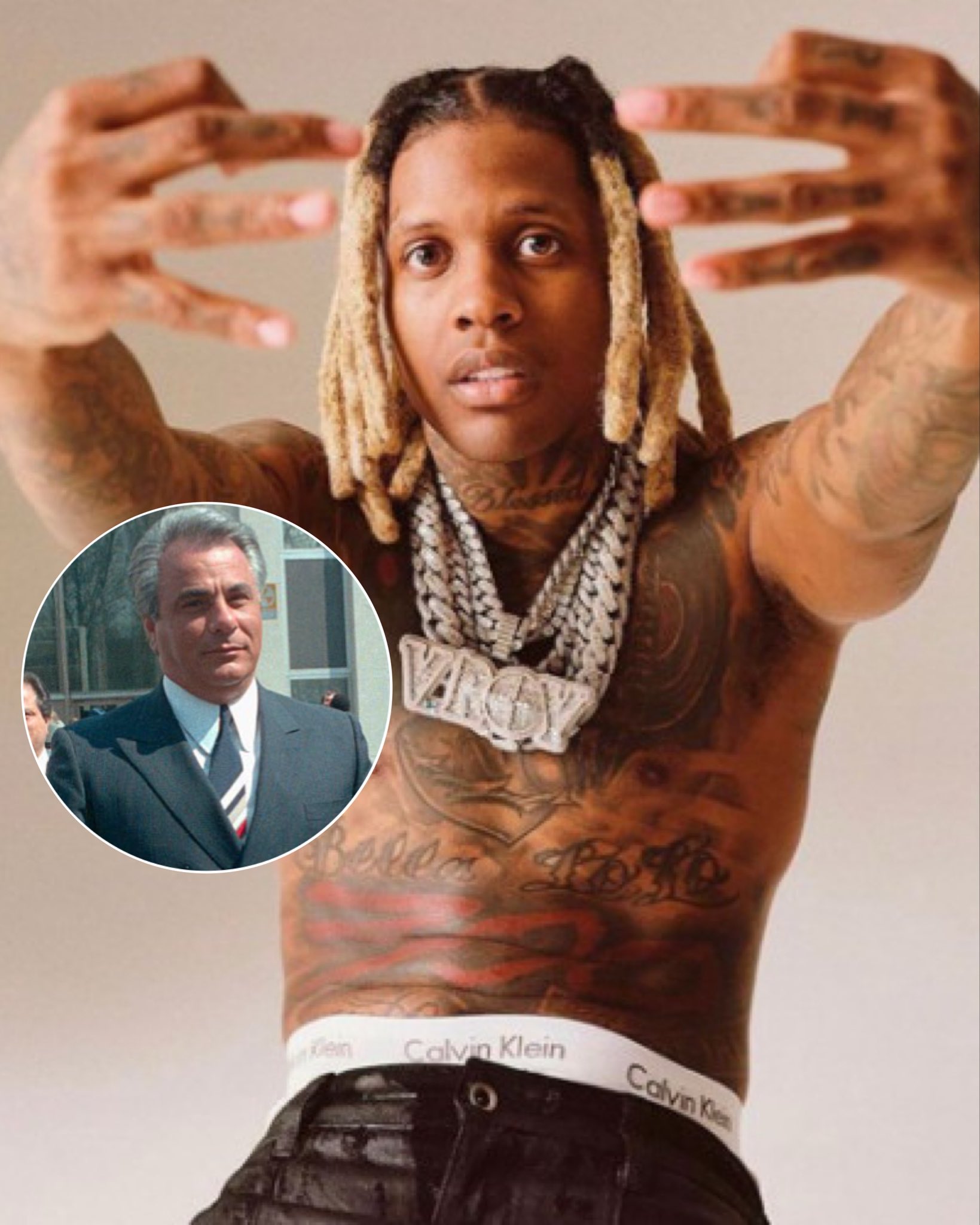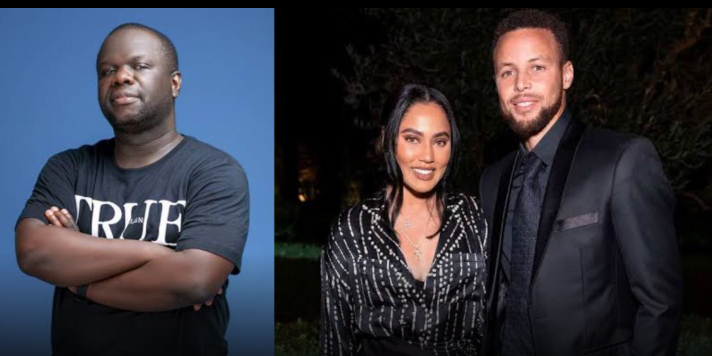
“I Want to Be a Billionaire”—Tunde Onakoya Declares Bold Ambition Beyond Chess and Charity

In a world where humility is often misinterpreted as silence and bold dreams are policed by public expectations, Nigerian chess champion and humanitarian Tunde Onakoya has taken a defining step forward—by voicing an ambition that reverberated far beyond the board: “I want to be a billionaire. And I mean that.” The man widely celebrated as the brain behind Chess in Slums Africa has made it abundantly clear—he does not intend to be boxed into the charity corner or solely remembered as the “chess guy.”
During a recent interview, Onakoya—whose rise from humble beginnings to global recognition is already the stuff of legend—bared his soul with rare candor. His words weren’t rehearsed, they weren’t dipped in the syrup of public diplomacy. They came raw, charged with aspiration and honesty. “I’ve always been afraid to say that,” he admitted, referring to his billionaire dream. But that fear, it seems, has now been eclipsed by a new wave of boldness.
For a man who spent the past several years teaching children from underprivileged communities how to play chess, mentoring them into global tournaments, and advocating for educational reform through intellectual empowerment, the shift in tone caught many off guard. But for those paying closer attention, the revelation isn’t a deviation—it’s an evolution. “I just don’t want to be known as just the chess in slums guy. The charity guy. I want to make a lot of money. And I also want to have a lot of power. And with that power comes new responsibility. And my responsibility and duty will always be to the children.”
The statement struck chords across the internet, sparking a firestorm of reactions that blended praise, skepticism, humor, and cultural commentary. On X (formerly Twitter), reactions poured in rapidly. “He would use chess move to become what he wants to be,” @BlackUriel01 quipped, clearly impressed. Another user, @bozzmanofficial, took a more suspicious route: “Things are now making sense. What a politician!” complete with emojis that danced on the edge of satire. Meanwhile, @omo_ola_eluku offered prayers: “You deserve it bruv, May eledumare be with you.” But @ObasedwardD1st, in a comment laced with cultural color, added, “B like them don give this guy powder deal since him don go visit the powder lord. This guy na typical Yoruba guy.”
The reactions encapsulate the complex fabric of Nigerian social commentary—a blend of support, suspicion, satire, and spirituality. But what remains consistent is that Onakoya has struck a nerve. He has challenged the unspoken rule that those who do good must forever remain cloaked in modesty and financial detachment. In one sentence, he has merged philanthropy with ambition, and he’s not apologizing for it.
What makes his declaration so significant isn’t just that he said it, but that he said it now—at a time when the Nigerian youth are grappling with disillusionment, economic hardship, and the widespread feeling that honest success is a myth. In saying “I want to be a billionaire,” Onakoya is not just envisioning wealth, he’s trying to redraw the moral line—arguing that a person can simultaneously strive for riches and remain committed to uplifting others. It’s a radical middle ground that few have dared to walk out loud.
Tunde Onakoya’s journey thus far has already proven him to be a different breed. From launching Chess in Slums Africa to coaching children who previously had no hope of formal education, to breaking a Guinness World Record for the longest chess marathon, his achievements are steeped in meaning. But even more importantly, they’re built on resilience. The Lagos-born visionary has often spoken about growing up in poverty, the struggles of being underestimated, and the emotional toll of trying to save a generation with little more than a game board and pure heart.
Now, that heart is beating louder—with ambition.
What would a billionaire Tunde Onakoya look like? That’s a question worth exploring. If his past is any indicator, he wouldn’t be a passive billionaire hidden in glass towers. He would be a force—a man redirecting wealth toward revolutionizing education, urban reform, youth mentorship, and more. But that path, too, will not be without resistance. In a society where the line between service and self-enrichment is closely scrutinized, Onakoya’s new pursuit places him under a sharper lens. But perhaps that’s the price of growth—of shedding a limited identity to embrace a fuller one.
His declaration also opens up a broader cultural discussion—should heroes be allowed to dream beyond their titles? Must the teacher remain only a teacher, the activist only an activist, the giver only a giver? Or is there space for multidimensional impact—where one can build schools and build empires in the same lifetime?
For now, Onakoya’s billionaire dreams are still unfolding. But what’s already clear is that his legacy will not be a quiet one. He has pulled his aspirations into the spotlight, daring the world to watch—and perhaps, challenging others to dream just as boldly. It’s no longer just about pawns and queens, or checkmates and strategies. It’s about influence, impact, and the idea that a man born in the slums can transform a continent—if he’s willing to embrace both charity and capital.
In the end, Tunde Onakoya’s most powerful move may not be on a chessboard. It may be in the audacity to say, “I want to be a billionaire,” while still holding a child’s hand—and making sure they’re dreaming just as big.


